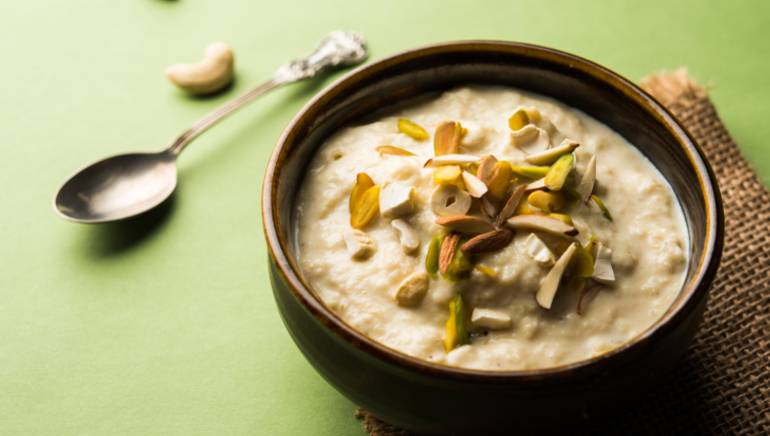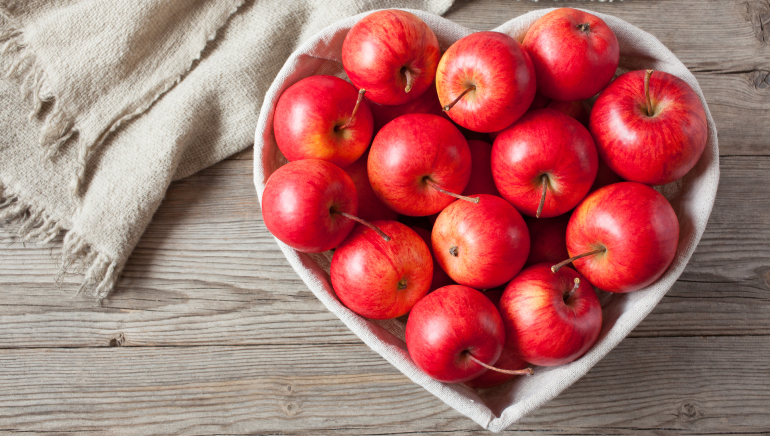Chat with ![]()
Chat with ![]()

Even if you are not an ardent follower of all things healthy and fitness, we are sure you must have come across the terms “probiotic” and “prebiotic”. While probiotic drinks and foods have become quite popular of late–prebiotics, however, don’t share the same fate.
Well, if you are wondering what the difference between the two let us educate you.
Prebiotics are fibres that the human body cannot digest. Probiotics, on the other hand, are the beneficial bacteria inside the gut that feed on these fibres.
Maintaining a diet which includes both prebiotics and probiotics ensures that the body has a balance of the right bacteria. This helps fight digestive problems and boosts the immune system.
Here’s how prebiotics can help your digestive system
The good gut bacteria in the human body turns the prebiotic fibre into short-chain fatty acid called butyrate. A study conducted by the Centre de Recherche en Nutrition Humaine in France found that butyrate has anti-inflammatory effects inside the colon.
The acid influences gene expression and blocks the growth of cancerous cells in the human body. These fatty acids can be absorbed into the bloodstream and help facilitate metabolic health.
In short, from good digestion and keeping certain cancers away to helping you lose weight–prebiotics can do it all.
But, where can you find prebiotics?
Prebiotics are naturally found in legumes, vegetables and fruits. Here are a few foods that are high in prebiotic fibres:
Oats: They contain a lot of beta-glucan fibre and resistant starch. Beta-glucan from oats results in healthy gut bacteria, lower LDL cholesterol, better blood sugar control, and reduced cancer risk. A Tufts University study found that oats offer antioxidant and anti-inflammatory protection due to their phenolic acid content.
Bananas: Unripe bananas contain inulin and are also high in resistant starch. They increase healthy gut bacteria and reduce bloating.
Also, Read: Go bananas with these nutritional facts and benefits of the wonder fruit
Onions: Fructooligosaccharides (FOS) in onion strengthens gut health and boosts the immune system by increasing nitric oxide production in cells.
Garlic: This Indian kitchen staple promotes the growth of beneficial bifidobacteria in the gut and prevents growth of disease-promoting bacteria. Scientists have found that garlic reduces the risk of heart disease and has anti-oxidative properties and antimicrobial effects.
Apples: An apple a day truly keeps the doctor away. Around 50% of apple’s fibre content comes from pectin which increases butyrate and feeds the beneficial gut bacteria. Combined with polyphenol antioxidants present in apples, they improve digestive health, apart from decreasing levels of LDL cholesterol and reducing the risk of cancers.
A study by the Fundamental Research Laboratory in Japan found that apple polyphenols regulate fat metabolism with relatively high body mass index.
Get latest updates on health and wellness along with Healthy Eating, Nutrition, Recipes, Superfoods




